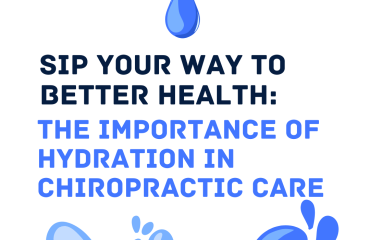Gratitude is a powerful and transformative emotion that has been celebrated across cultures for centuries. It’s more than just a polite “thank you” – gratefulness can have a profound impact on our physical, mental, and emotional well-being. Research has shown that practicing thankfulness can lead to increased happiness, improved relationships, and better overall health. In this article, we will explore the science behind gratitude and provide practical tips on how to implement it in your daily life.
The Science of Gratitude

Numerous studies have delved into the effects of grateful living on our lives. Here are some key findings from scientific research:
- Improved Mental Health
- Gratitude has been linked to reduced symptoms of depression and anxiety. A study published in the Journal of Personality and Social Psychology found that individuals who practiced gratitude regularly experienced greater psychological well-being.
- Increased Happiness
- Expressing thankfulness can boost happiness and life satisfaction. Research conducted by Dr. Robert Emmons, a leading expert on gratitude, suggests that keeping a gratitude journal or simply expressing gratitude towards others can significantly enhance overall happiness.
- Enhanced Physical Health
- Grateful living has also been associated with better physical health. A study in Personality and Individual Differences revealed that individuals who expressed gratitude more frequently reported fewer physical ailments and better overall health.
- Strengthened Relationships
- Gratitude can improve relationships by fostering a sense of connection and reducing feelings of aggression and hostility. Showing appreciation and saying “thank you” can create a positive feedback loop, making both the giver and the receiver feel closer.
- Increased Resilience
- Thankfulness helps individuals cope with adversity and build resilience. When facing challenging situations, focusing on the positive aspects of life can provide the strength to overcome obstacles.
Implementing Grateful Living in Daily Life

Now that we understand the benefits of gratefulness, let’s explore how to incorporate it into our daily routines:
- Keep a Gratitude Journal
- Dedicate a few minutes each day to jot down things you’re grateful for. Whether it’s a beautiful sunset, a kind gesture, or a personal achievement, writing them down helps you focus on the positive aspects of your life.
- Express Appreciation
- Don’t hesitate to tell the people in your life that you appreciate them. A simple “thank you” or a heartfelt note can make a significant difference in your relationships.
- Mindfulness Meditation
- Practicing mindfulness meditation can help you become more aware of the present moment and the things you can be grateful for. This heightened awareness can lead to a more thankful attitude.
- Practice Random Acts of Kindness
- Small acts of kindness not only benefit others but also make you more aware of the blessings in your life. You might discover that making someone else’s day brighter brings you joy and gratitude.
- Gratefulness Rituals
- Incorporate gratitude into your daily routine. This can be as simple as saying what you’re thankful for at the dinner table, reflecting on your day before bed, or starting your day with a positive affirmation of gratitude.
- Volunteer and Give Back
- Volunteering and helping others in need can cultivate a deep sense of gratitude for your own circumstances while making a positive impact on the world.
Gratitude is a simple yet potent emotion that can significantly improve your life. Scientific research has consistently shown the positive impact of practicing thankfulness on mental and physical well-being, as well as on relationships and resilience. By integrating gratefulness practices into your daily life, you can reap these benefits and create a happier, healthier, and more fulfilling existence. So, take a moment today to reflect on the things you’re grateful for, express your appreciation, and make gratitude a part of your daily routine.




